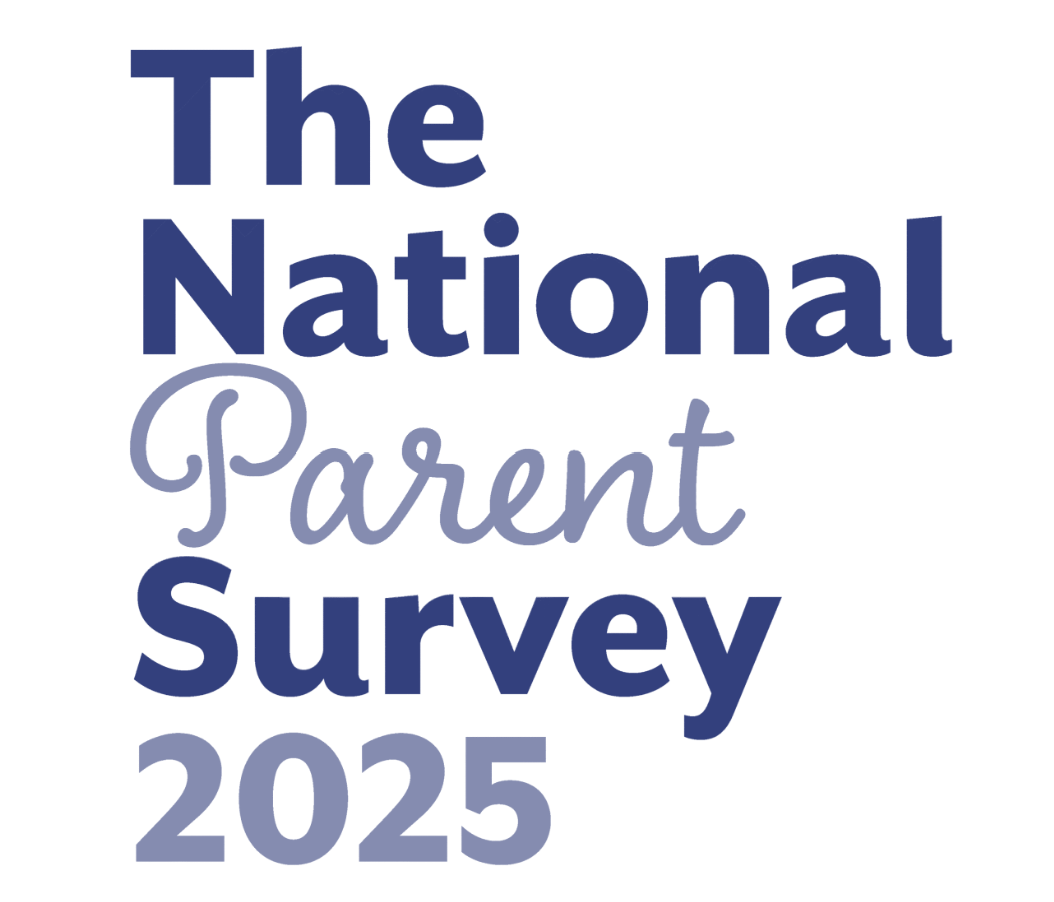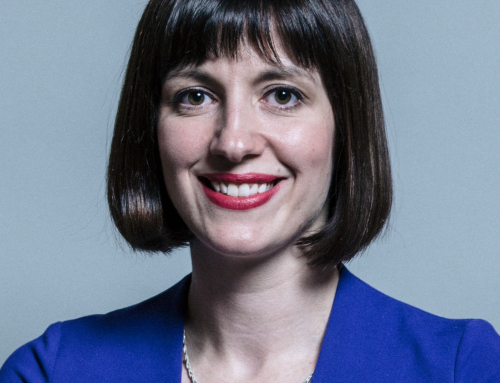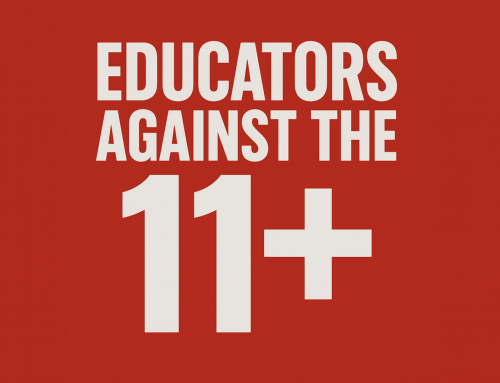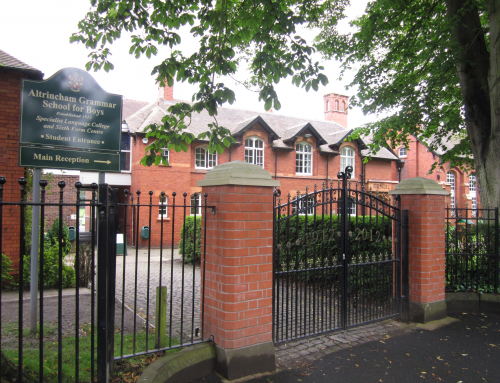 The new National Parent Survey from Parentkind, has highlighted stark differences between the experiences of parents in state schools and those in private schools – especially when it comes to support for children with special educational needs and disabilities (SEND).
The new National Parent Survey from Parentkind, has highlighted stark differences between the experiences of parents in state schools and those in private schools – especially when it comes to support for children with special educational needs and disabilities (SEND).
The findings were reported in The Times, where Comprehensive Future’s Chair, Dr Nuala Burgess, shared her concerns about the impact of inequality on families.
SEND support: a tale of two systems
The research found greater satisfaction among private school parents, particularly those whose children have additional needs. Private school parents were far more likely to request exam concessions such as extra time, or to have their child assessed for special needs. If the school refused, they were also twice as likely to pay for an independent assessment.
Meanwhile, 45 per cent of state school parents reported it was difficult to secure the SEND support their child needed, compared with just 25 per cent of private school parents. Over a third (37 per cent) of state school parents said only some or none of their child’s needs were met, against 20 per cent of private school parents.
Dr Nuala Burgess, Chair of Comprehensive Future, commented:
“Every SEND child deserves the right to proper support, not just those lucky enough to have parents who can afford to pay for it. The sad fact is that many children in state schools currently struggle to get the kind of help they need. Some schools make a point of championing inclusion, while others use covert means to deter applications from families with SEND children. State grammar schools, for example, feature amongst our least inclusive state schools and admit shockingly low numbers of poorer children and children with additional needs. We need to even the playing field. Every state school should be adequately funded so that every SEND child gets the support she or he needs. Only then will every child, not just children from better-off families, get the support they deserve.”
What parents want from schools
When asked to list priorities for schools, state school parents strongly favoured a broad curriculum, including reading, writing, maths, creative skills, and useful life skills. They also valued children mixing with a wide group of people.
In contrast, private school parents placed greater emphasis on exam preparation, mental health support, good behaviour, and strong moral values.
Dr Burgess welcomed the findings:
“It’s really good news that state school parents place such a high value on a broad education that includes creative and life skills, as well as academic skills. This is exactly what comprehensive schools do best. They are places where every child can flourish, not just the child with an aptitude for exams. Comprehensive schools are places where children from all walks of life learn together. They prepare children for the massively diverse world they will encounter as adults. The social and cultural benefits of learning alongside children from a diverse range of social backgrounds and cultures is something private schools, which take pride in their exclusivity, simply can’t provide.”
Tutoring and inequality
The survey also revealed big spending on tutoring. Some parents reported paying over £5,000 a year for private tuition. On average, privately educated children received 150 hours of tutoring a year, compared with 108 hours for those in state schools.
Dr Burgess warned that this risks entrenching inequality:
“It’s deeply unfair that wealthier parents buy advantage for their children simply because they can afford expensive tutoring. Private tutoring is used not just to boost grades. It is also used to boost a child’s chances in selection tests such as the 11-plus. This creates a two-tier system where access to state-funded grammar schools depends on how much a family can afford to spend. Tutoring is distorting educational opportunity. The more affluent families pay to stay ahead, while children from less wealthy families are left behind. If we want a fair education system, we need admissions policies and funding that support inclusivity, not privilege.”
Read full details of the National Parent Survey HERE.





